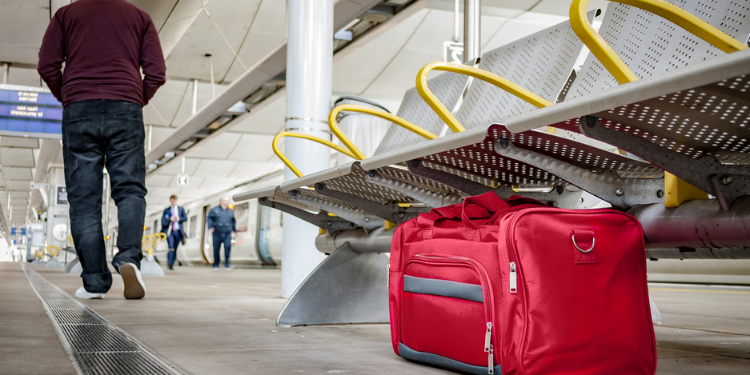
Turn on a television, open a newspaper, click on social media and it feels as though everyone is talking about terrorism. As the Institute for Economics & Peace releases its Global Terrorism Index 2019, we take stock of the situation and we ask the question: “Should the prospect of terrorism deter anyone from settling abroad?”
According to the seventh Global Terrorism Index released last week, deaths from terrorism have been falling since 2014 which corresponds with the fall of major terrorists groups. While the number of deaths from the phenomenon decreases, the countries affected by terrorism increases year by year.
So, how much should the terrorism risk weigh on your decision on an expat destination? Of course, it is hard to answer this question unless one has already shortlisted a series of destinations or the one destination you are set on (or almost set on!). So yes, the very first step in deciding whether a destination is worth the risk, however minimal it could be, is to do your research! Several countries offer travel advice to their citizens but do not only rely on these. Read the news about the country and get in touch with expats living there. This will be a more hands-on way of learning about the real terrorism threat and the everyday life- will you be living in constant fear?
However, although it is important to be informed, do not let the fear mongering get to you. While learning about the risks associated with other countries you need to keep in mind the risks in your own country. Indeed, are the risks abroad so much bigger that staying in one's country will make you significantly safer?
A lot of Middle Eastern and African countries figure in the top 30 countries with the three principal outsiders being Colombia at the 19th place, the United States of America (USA) at the 22nd place, and the United Kingdom at the 28th place. Despite being at the 22nd place, someone in the USA only has one in 45, 808 thousand chances of dying in a foreign-born terrorist attack. Pretty low, right? Your chances of dying due to a sunstroke in the USA are much higher seeing as more than 600 people die from a sunstroke in a year in this country.
Reduce the Risk
Of course, although the risks can be low, you might be at the wrong place at the wrong time. And wherever you are, you should always be attuned.
While you can't eliminate risk, it can be mitigated. How?
- Focus on surroundings. With smartphones ubiquitous, people pay more attention to their phones than to their surroundings.
- If you're going out jogging, being aware of your surroundings increase. Awareness just isn't possible unless you can see and hear everything.
- The airport's lobby can be one of the most dangerous places on the planet. Anyone with harm in mind can hide anything in luggage. Maybe one of the safest places on earth is just feet away past the security checkpoint. Wait until you pass security to sit and relax while you wait.
- When at a bus stop, stand in an area near an object like a pole, tree or mailbox. Anything which may shield you in case of a blast.
- If taking a train, wait near the security kiosk and avoid walking on the platform. Once the train arrives, board without pausing. When you leave the train, walk away from the loading/unloading area.
- In public places where given a choice between an elevator and escalator, take the escalator. Keep your back against the rail and be observant for people making unusual moves on either side.
- Security experts consider movie theaters and concert venues as ‘soft targets' and have little to no security, be sure to sit near an exit. Outdoor concerts can be a major risk. If possible, try to avoid concerts with a specific political themes.
- Bars and nightclubs are both considered soft targets and present high-risk venues. Drinking alcoholic beverages can slow reaction times which often decreases your chances of moving quickly.
- Houses of worship are also soft targets during standard worship hours. Before going, look for police cars outside.
- Shopping malls can create a challenge by dividing your attention between the store displays, which reduces your focus, and being aware of what is happening around you. If on the second, or higher, floor of a store and mall, avoid walking near the rail, remain close to the store fronts, and again, take the escalator.
- Try to minimize your stay inside a bank. If you must go to a teller, fill out the deposit/withdrawal slips before you enter. Try to use a bank which has a full-time police officer inside. If you have to use the ATM, try to do so during daylight and avoid using the ATM at night.



















